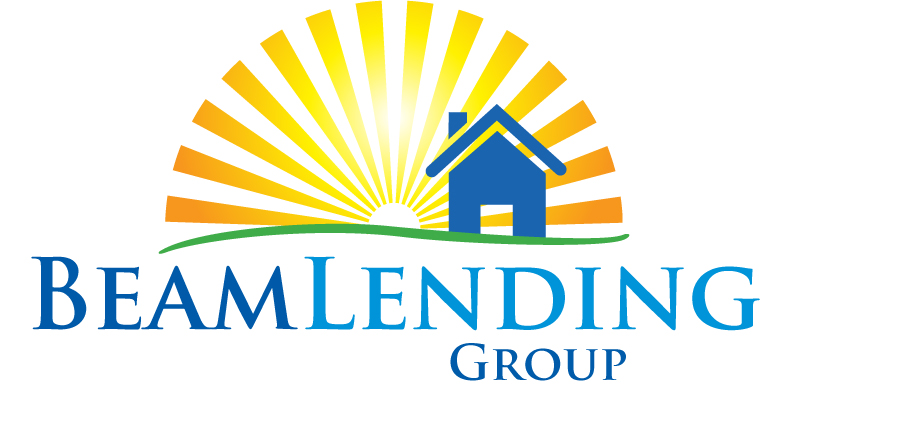Benefits of an FHA Loan
FHA loans are a good choice if you fit into one or more of these categories:
Low down payment. FHA loans only require a 3.5% down payment.
High DTI. If you have a high debt-to-income (DTI) ratio, FHA provides more flexibility and typically lets you go up to a 55% ratio (meaning your debts as a percentage of your income can be as much as 55%).
Low credit score. If you have a lower credit score (generally 700 or below) it’s often cheaper for you pay mortgage insurance on an FHA loan than on a conventional loan; thus lowering your monthly payment.
A Few FHA Loan Facts:
FHA loans have upfront mortgage insurance. FHA loans require borrowers to pay upfront mortgage insurance. That means that they add a fee to your initial loan amount. Currently, that amount is 1.75% of your loan amount. That means if you want a loan for $200,000, the initial loan amount with the added mortgage insurance will actually be $203,500.
FHA loans have annual mortgage insurance. FHA loans charge a set fee for mortgage insurance that you pay monthly as part of your payment. Currently, that fee is 0.85% annually if you have less than 5% down or 0.80% if you have more than 5% down (or loan-to-value). FHA mortgage insurance does not go away when you reach 20% equity (like it does on conventional loans). It would only drop off if you had 10% equity in the property when you acquired the loan but even then you’re required to pay it for at least 11 years or the life of the loan, whichever comes first.
FHA loans have lower interest rates. Interest rates on FHA loans are lower than conventional loans. It seems great to have a lower interest rate, but because of the required mortgage insurance, FHA loans can actually have a higher payment than a conventional loan with a higher interest rate (for the same base loan amount).
